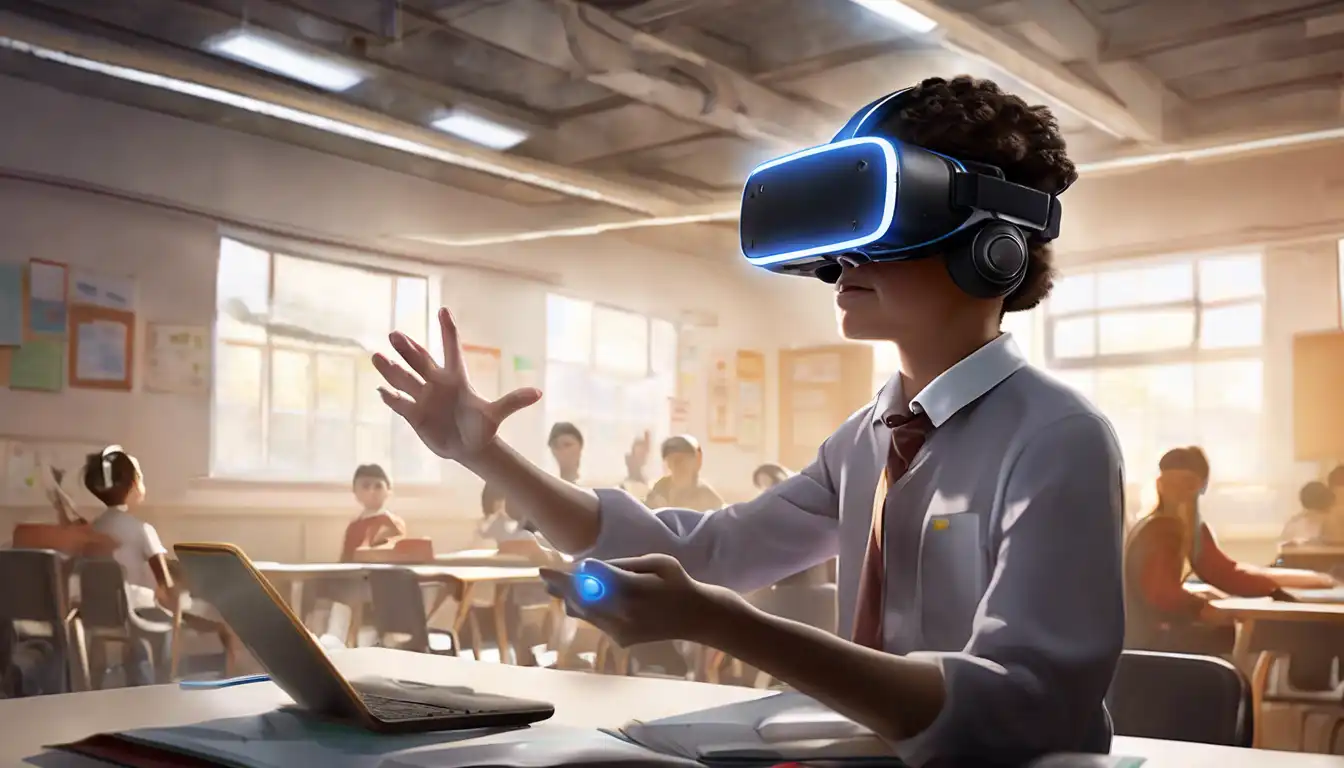The Transformative Impact of Virtual Reality on Learning and Skill Development
Virtual Reality (VR) technology has rapidly evolved from a futuristic concept into a practical tool with the potential to revolutionize education and training. By creating immersive, interactive environments, VR offers unparalleled opportunities for experiential learning, making it a game-changer in how knowledge is acquired and skills are developed.
Why VR in Education?
VR in education transcends traditional learning boundaries, offering students the chance to explore historical sites, dissect virtual cadavers, or even travel through the human bloodstream. This immersive experience enhances understanding and retention, making learning more engaging and effective.
VR in Professional Training
Beyond the classroom, VR is transforming professional training across industries. From healthcare to aviation, VR simulations provide safe, cost-effective environments for practicing complex procedures and scenarios, significantly reducing risks and expenses associated with real-life training.
Benefits of VR in Learning and Training
- Enhanced Engagement: VR's immersive nature captures learners' attention, making education more interactive and enjoyable.
- Improved Retention: Experiential learning through VR leads to better memory retention compared to traditional methods.
- Safe Learning Environment: VR allows for the simulation of dangerous or expensive scenarios without real-world risks.
- Accessibility: VR can bring distant or inaccessible locations and experiences to learners worldwide.
Challenges and Considerations
Despite its potential, VR in education and training faces challenges, including high costs, technological limitations, and the need for specialized content. However, as technology advances and becomes more affordable, these barriers are gradually being overcome.
The Future of VR in Education and Training
The future of VR in education and training is bright, with ongoing advancements promising even more realistic and accessible learning experiences. As VR technology continues to evolve, its integration into educational curricula and professional training programs is expected to expand, offering exciting possibilities for learners and educators alike.
For more insights into how technology is shaping the future of education, explore our articles on innovative learning tools and the role of AI in education.
